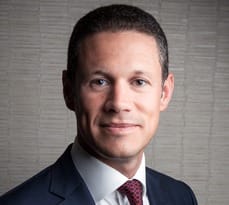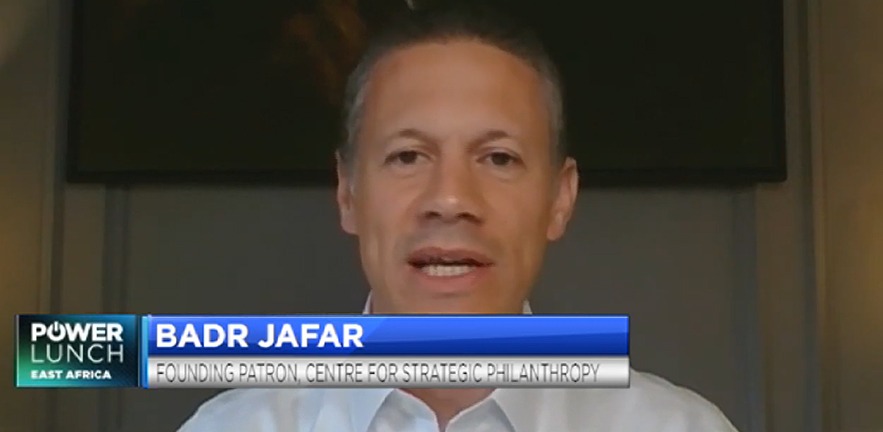The growth in emerging market philanthropy could not be occurring at a more critical time. Government budgets are coming under ever increasing pressure from the pandemic and the global downturn. Badr Jafar, the Founding Patron of the Centre for Strategic Philanthropy, explains the role philanthropy has in bridging the annual funding gap to meet SDGs in an interview with CNBC Africa.

The world has quadrillions of dollars or dollar equivalents at its disposal. The issue is not one of a lack of capital per say, but the failure to channel that capital towards where it is most needed to solve our world’s greatest challenges or, in other words, to achieve the SDG’s.
Before the COVID-19 pandemic the UN warned that to have a realistic chance of achieving SDGs, an additional 2.5 trillion dollars would be required every single year up to 2030. The events of this year have only exacerbated the shortfall, with one UN agency recently calling for a two trillion-dollar crisis package to cushion the impact of COVID-19 on developing countries. We also know from the World Bank that the pandemic could push up to 100 million people into extreme poverty this year alone.
COVID-19 has demonstrated that no country can wall itself off from the effects of a global crisis. Businesses need to step up too, and fast. It has been estimated that implementing the SDGs will open up 12 trillion dollars in new market opportunities for businesses around the world and create up to 400 million new jobs. Getting behind the SDGs is in the long-term interests of business leaders.
The role to be played by private philanthropy is often overlooked. Far too long philanthropic capital has been treated as the forgotten child of the global capital system. The reality is that well over a trillion dollars of private finance philanthropic capital, more than triple the annual global development and humanitarian aid budgets combined, is deployed every year. These are huge sums that dwarf the foreign aid budgets of even the most generous of countries.
New ways to channel more of these funds towards projects and initiatives that are aligned with the SDGs must be identified. This is why the Centre for Strategic Philanthropy at the University of Cambridge Judge Business School was launched with exclusive focus on the emerging markets. What is unique about the Centre is its exclusive focus on philanthropy both within and from the world’s emerging markets, including those in Africa, Developing Asia and the Middle East.
There are three interconnected pillars to the Centre’s work. First, undertaking rigorous research related to strategic philanthropy within and from the world’s fastest growing economies. Second, providing education and training to the next generation of philanthropic leaders to emerge from these countries, and, finally convening diverse voices from around the world to advance our understanding of strategic philanthropy and to enhance its impact and effectiveness in these fastest growing regions of the word.
There is a seismic shift underway in the global economy. The top 30 fastest growing economies in the world last year were all in emerging markets. It is expected that trillions of dollars will be passed on from one generation to the next within these economies over the next 10 years.
Badr Jafar highlights the potential for emerging market philanthropists to bring new ways of thinking to the table and to develop new models of philanthropy that are shaped by their own societies and cultures. Often the best solution to a problem comes from people that are most affected by it and closest to it. Strategic philanthropy from within the world’s emerging markets will have some major direct, as well as indirect, important effects on the social and economic landscapes of this region.


